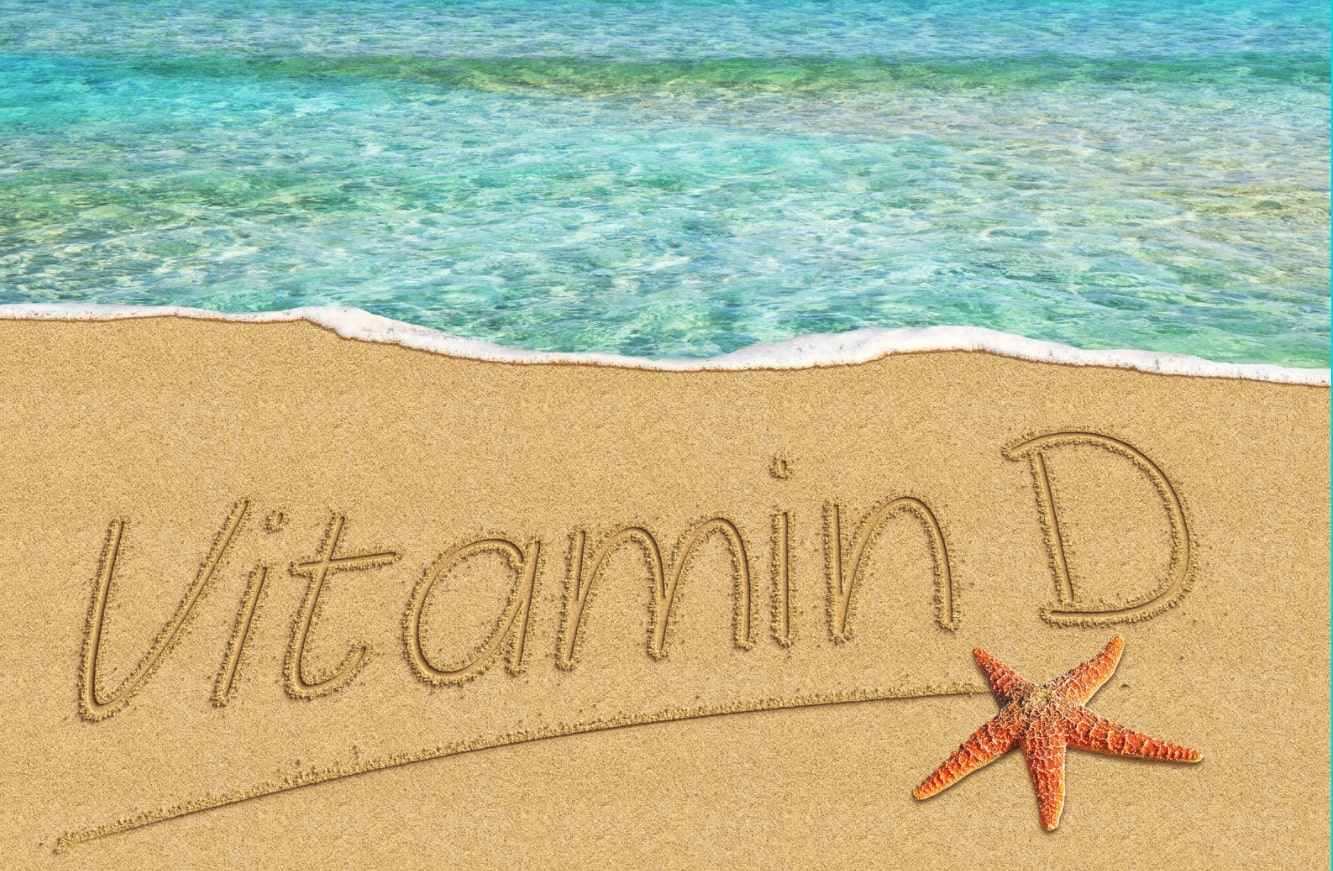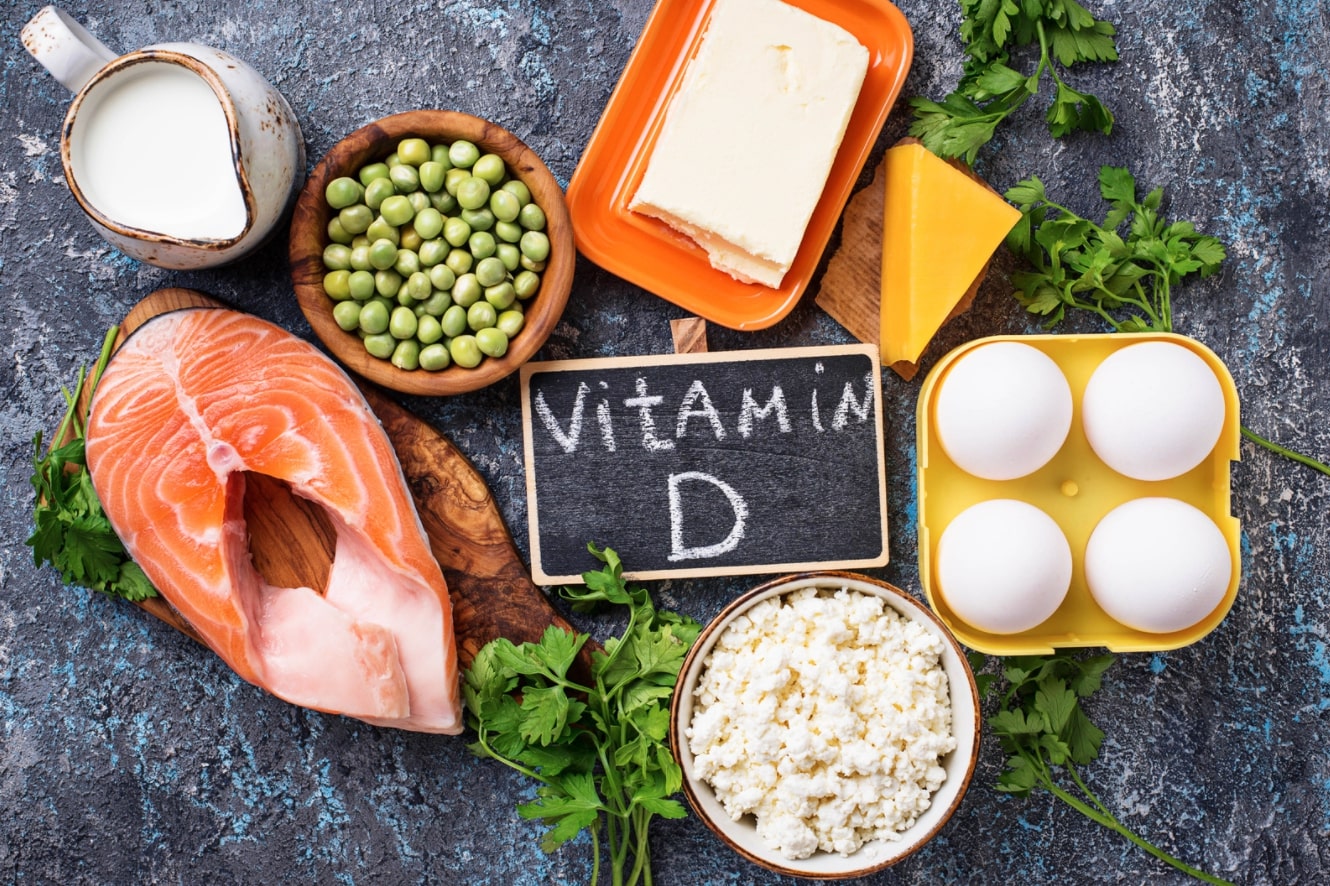Ensure you get enough Vitamin D this winter
10/10/2021
Vitamin D is also known as the sunshine vitamin, as the main source of Vitamin D is through sunlight.

Why is Vitamin D important?
- Helps regulate the amount of calcium and phosphate in the body.
- Needed to keep bones, teeth and muscles healthy.
- Supports the immune system helping prevent colds and the flu.
- Absorption of essential fat soluble vitamins.
What if I don’t get enough Vitamin D?
- A lack of Vitamin D can lead to bone deformities such as
- Rickets in children
- Bone pain or abnormalities caused by osteomalacia
- Fragile bones caused by osteoporosis.
1 in 5 adults in the UK are deficient in Vitamin D, although we can get Vitamin D from the sun, see the many factors that can affect your ability to absorb Vitamin D through the sun alone.
- Living in a high pollution area
- Using suncream
- Time of the year (we cannot absorb from Oct-March in the UK)
- Not spending enough time outside
- Having darker skin (higher levels of melanin in the skin prevents Vitamin D absorption).
It is highly recommended that in the winter you supplement with Vitamin D and aim to have a balanced diet with foods high in Vitamin D.
How to know if you are deficient in Vitamin D
- Feeling fatigued/lack of energy
- Muscle and bone pain, feeling weak
- Stress fractures
Vitamin D deficiency can be diagnosed by a blood test from your doctor. If you have any of these symptoms please seek advice from your GP.
Top foods high in Vitamin D

You cannot get all of your required Vitamin D from food alone but try to have a balanced diet with some of these foods.
- Salmon, mackerel and other oily fish
- Tuna
- Sardines
- Red meat
- Egg yolk
- Fortified dairy (milk, cheese, yogurt, margarine)
- Fortified orange juice
- Fortified cereals
- Mushrooms
- Leafy greens
How much do you need?
Vitamin D requirements does vary slightly based on where you live, skin, age, season etc. Anyone above the age of 4 should have 10 micrograms (400 IU) daily. This can be through sunlight, food and supplementation particularly from October-March. Some individuals may need to supplement all year round if levels are low, but again speak to your GP if you are concerned.
Make sure to like and follow on facebook to keep to keep up to date with more menopause posts, such as bone health, heart health and healthy recipes high in plant oestrogens.
Eat healthy, live healthy
Robyn
